Relationship
No one is an island. Relationships—positive, negative, and ambiguous—help to define a character. Choose another Cohort member that is significant to your character. Have a dialog with their player and choose one relationship type that defines your primary relationship. Each relationship type has an associated trait.
While relationships are often symmetrical and reciprocal (two Cohort members sharing the same relationship type with each other), they may be asymmetrical. For example, one Cohort member may be another’s brother (Kin), but that brother’s primary relationship may be with a Life Partner rather than reciprocal with their Kin. While three or more Cohort members may share the same relationship type (a group of Childhood Friends, for example), the subject of each connected trait is only one other Cohort member. That is, the trait for every relationship type is only effective for one designated Cohort member.
Tension
Though they are important to your character, that same Cohort member can also get on your character’s nerves at times. There is that one thing they do that can really rub your character the wrong way.
Choose one of their traits. It can be virtually anything: Their Motto, Background, Psionic Ability, or Relationship with another PC are all possibilities. Any time the Cohort member uses the targeted trait, your character must choose to take (1) Stress or add two (2) points to the Doom Pool.
Description
Think about what the relationship dynamic is (including the Tension) and give it a very short description, maybe one to three sentences.
Childhood Friend
You’ve known each other since childhood, and have been on close terms ever since.
Growing Together
When your Childhood Friend attempts a Growth test, you may give them one die from your Growth pool.
Cultural Comrade
You come from the same culture and have bonded through cultural norms. This could be related to a shared faction, bioform, education, or locale.
Pop Culture
When your Cultural Comrade leads a Challenge related to your shared culture, you may Assist with +2d6 regardless of your Expertise.
Kin
You are potentially siblings, cousins, parent-child, or other relatives no more than two generations apart. You may be a blood relative with the same bioform, a Chimera with at least one shared bioform, or have an adoptive relationship.
Family Matters
When you and your family member are facing the same Challenge, you may spend a Destiny point to make this trait +2 / 1d. This may be used once per scene.
Life Partner
Through vows or circumstance, you have committed to each other for the long-term.
For the Long Haul
If your Life Partner fails a Growth test, spend a Growth die to allow them to roll again using the same pool. This may be used once per scenario.
Rival
You are antagonistic to one another, but something keeps you working together. It may be a simple case of constantly trying to one-up each other, or a sort of “frenemy” situation.
Note: This Relationship requires that both characters share an Expertise (Primary or Secondary).
Nice Try
When your Rival leads a Cohort turn that ends in less than one success per PC, you may spend a Destiny point and take the lead the next round with an additional +2d6. This may be used once per scene.
Survival Oath
You survived a traumatic, life-threatening situation together. This could be mutual (where you saved each other) or more one-sided situation (where one saved the other).
Got Your Back
When your Survival Oath partner takes Stress while you are facing the same Challenge, you may add that many points to the Doom pool instead. You may use this trait once per scenario.
